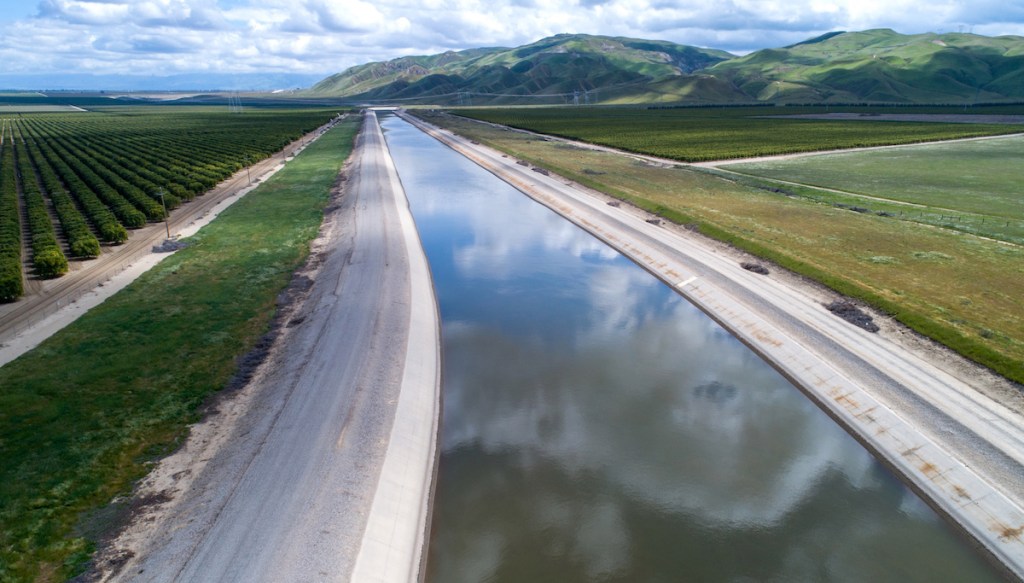As Santa Barbara County and the rest of the state enter another major drought crisis, a consortium of eight county water districts just sued the County of Santa Barbara Board of Supervisors, alleging the board is illegally interfering with the water agencies’ ability to use the State Water pipeline system to buy and sell water on the open market.
Operating under the rubric of the Central Coast Water Authority (CCWA), the agencies claim the supervisors’ vote this April to allow them to buy water throughout the state but to sell it only under highly restrictive conditions could hamper their ability to provide their ratepayers water when local supplies are challenged. During the past drought, the state water system was used to procure enough water from elsewhere throughout the state to keep Lake Cachuma from going dry.
In an email in response to the lawsuit, County Counsel Mike Ghizzoni stated, “We believe that the Flood Control District’s actions were both lawful and in the long-term interest of all Santa Barbara County residents.”
The lawsuit — like everything having to do with water rights — is technical and wonky in the extreme.
The eight water agencies making up the CCWA were formed to build the infrastructure necessary to hook into the State Water Project and to manage its subsequent distribution. Even though the County of Santa Barbara has no financial investment in the project nor any direct operational duties, it functions as the contracting agent for the CCWA. That means county property taxpayers could theoretically find themselves on the hook financially should the CCWA, for whatever reason, find itself underwater financially. Changes in state law, however, now also empower the CCWA to impose to any tax increases deemed necessary should the water agency find itself in default.
When the CCWA came before the supervisors this spring to sign a contract amendment allowing them to buy and sell water for what the market would bear — hitherto prohibited — the supervisors, led by 1st District Supervisor Das Williams, objected, arguing under no circumstance does it make sense for local water districts to sell water during a drought.
CCWA members countered that droughts typically strike different parts of the state at different times. Santa Barbara might fund itself flush with water, they argued, when drought-stricken water agencies elsewhere are flush with cash.
Williams also argued Santa Barbara’s countywide water interests should not be imperiled by decisions made by water district directors acting in pursuit of the narrower interests of their district ratepayers. Many water district managers have openly bristled at this argument, noting how they navigated their way through the past drought under exceptionally difficult circumstances.
Support the Santa Barbara Independent through a long-term or a single contribution.

